5 Things Your Shrink Won’t Tell You
This article was adapted from a conversation between therapists Phil Stutz and Barry C. Michels from The Tools Sessions, a series of talks and interviews produced when The Tools was first published in 2013.
1. You can shift your state immediately.
Phil: When I first started seeing patients, I noticed they were not hopeful about things improving. They had an idea that therapy took a long time. My supervisors and those who had trained me had the same opinion, believing that if people spent years delving into their past, they would eventually find the cause of their present problems. But in my bones I knew that if I could help them make a small change immediately, I could give my patients hope and knock years off therapy. That’s where The Tools came in.
Barry: Being a shrink and caring about your patients’ problems but not having any solutions for them is a frustrating experience. It’s like being a warrior with no weapons. One of the most inspiring things Phil gave me were actual weapons I could share with my patients that would give them immediate relief. It wasn’t a magic pill—they needed to keep using The Tools and they needed to keep seeing me—but they at least had the experience of something that worked for them right away, in the first session.
2. You have a responsibility to do the work.
Phil: Change occurs day-to-day in small increments, not once a week in a shrink’s office. If you see me one day a week and don’t see me for another week, that’s a complete waste of those six days in between. That’s why we give people Tools, so they have something to work with between visits.
Barry: For example, if you wake up with anxiety at 3:00 in the morning, it’s your responsibility to use a Tool like Grateful Flow.
Phil: That’s right. Using The Tools is about creating a value system for yourself. When you use a Tool every time you need it, you become predictable to yourself, which is the most important thing in the world. One of my definitions of confidence is when bad things happen, you know how to react. It’s not about things going well or good things just happening—it’s that when you have to deal with real terror or danger, you’ve trained yourself to reliably respond.
3. There are specific Tools that can help you make changes.
Phil: I define The Tools as procedures that you can use to immediately change your state. Public speaking terrifies me, and when I think about it and start to worry about it, I use the Reversal of Desire and I can feel my anxiety go down.
Barry: Traditional psychotherapy says anything that creates immediate change won’t last, but you can use The Tools repeatedly for immediate relief and at the same time work on the deeper issues you wish to address with your therapist.
4. Your problems are the source of your evolution.
Barry: Your problems are actually a necessary part of your personal development. It's not that you shouldn't have problems—you need the problems in order to evolve. In my own life, it was the worst, most intractable problems that forced me to dig down deeper than I ever had before to find abilities that I never knew existed. Without the problem, I wouldn't have done the work, because I'm too lazy!
Phil: I’m an optimist by nature. I think life is meaningful, but I was never comfortable with the thinking that “everything happens for a reason” or “what doesn’t kill you will make you stronger,” because it misses something important. If you lose your home or your spouse cheats on you, it doesn’t make you inherently stronger. You need a programmatic way to deal with these challenges, especially a tool that’s been tailored to that adversity, and you need to use it. That’s how you can turn the situation to your benefit.
Another benefit to looking at problems this way is you free yourself from the tendency to be victimized. It’s easy to go around feeling sorry for yourself and thinking it’s just bad luck, or the universe hates me, or I always get screwed. This takes that off the table, which also makes you more pleasant to be around!
5. Your future is brighter than you can imagine.
Phil: There’s a famous quote from Freud where he says the goal of therapy is to turn “hysterical misery into ordinary unhappiness.” This is offensive to me, but unfortunately the idea has attracted a lot of people who see limits to what human beings can accomplish. We feel people have tremendous talents and abilities that are hidden and undeveloped. My job as a therapist is to open the door for the patient and train them to find these abilities. When they do, their vision for their future changes into one where they are able to do things they’ve never been able to do before.
Let me give you an example. I treated a woman who started a business at age 30. She was 40 and needed to expand the business to make it truly successful. Even though she was charismatic and knew a lot of people in positions to help her, the idea of going out and raising money froze her speechless. I taught her the Reversal of Desire Tool, and lo and behold, she was able to overcome her fear and lack of confidence and raise a little bit of money. Now, 10 years later, she has no problem approaching someone and asking for $10 million.
Barry: I'm constantly amazed at what people are able to achieve when they use The Tools consistently. I'm a huge believer in the idea that people have infinite potential—my patients have shown me again and again that they are capable of doing more than they ever dreamed was possible.









